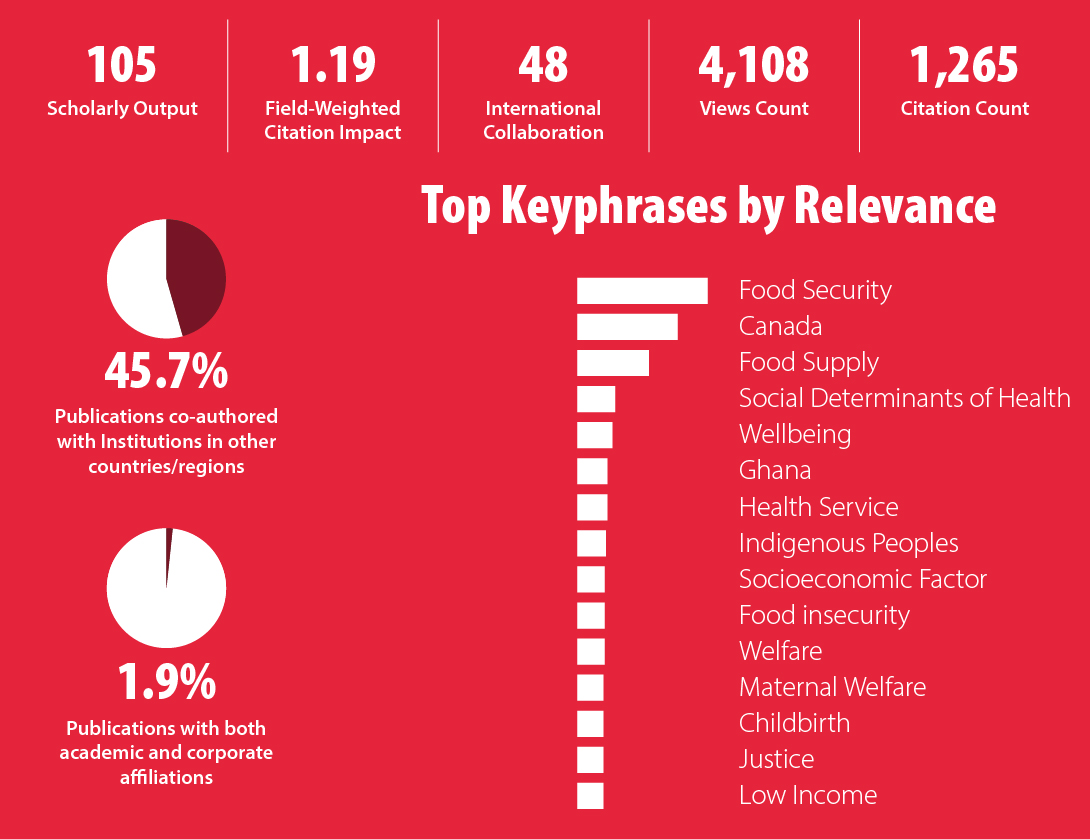Key Facts
Coming Soon!
News
Institutional Stewardship Initiatives
Access and Equity Services
Access and Equity Services (AES) is responsible for providing, along with faculty, reasonable accommodations for students who experience barriers to their education on the basis of a prohibited ground(s), including disability, religion, family status and gender identity.
Crisis Financial Aid
Crisis financial aid is designed to help students through an unexpected, temporary financial crisis. By definition, a student's experiences are considered unexpected if he or she did not know that the situation was coming and could not have planned for it.
Scholarships, Awards, and Bursaries
The university and its individual colleges offer many awards to help undergraduate and graduate students alike in affording their time at USask.
USSU Food Centre
Established in 2003 by the University of Saskatchewan Students’ Union in conjunction with the Saskatoon Food Bank, the USSU Food Centre aims to combat food insecurity affecting students. Student hunger has become increasingly prevalent on campus as a result of rising living and tuition costs with limited support for students. The Food Centre raises awareness and provides resources, emergency food hampers, and reasonably-priced fresh produce to support students facing food security concerns.
Marquis Culinary Centre
Marquis Culinary Centre features a supplementary meal swipe program which provides immediate assistance to any USask student experiencing food insecurity. The program is intended for students in need without access to food or meals.
Research Institutes, Centres, & Projects
Opus
Opus is the University of Saskatchewan's startup incubator, which helps mobilize innovation on campus by helping innovators transform their ideas into solutions by working together to apply entrepreneurial thinking to the process of developing their innovation and bringing it out into the world. Opus is ready to help USask faulty, students, and staff who are interested in exploring entrepreneurship, have a business idea, or want to develop business skills to further enhance their research.
Community-University Institute for Social Research (CUISR)
The Community-University Institute for Social Research facilitates partnerships between the university and the larger community in order to engage in relevant social research that supports a deeper understanding of our communities and reveals opportunities for improving our quality of life. CUISR is committed to collaborative research and to accurate, objective reporting of research results in the public domain, taking into account the needs for confidentiality in gathering, disseminating, and storing information.
CLASSIC and Pro Bono Students Canada
CLASSIC provides free legal programming, services, and supports for people who experience poverty and injustice. CLASSIC is also a clinical legal education site. Operating in Saskatoon, Saskatchewan, CLASSIC has provided service to the community since February 2007. CLASSIC is located within community, and we have good relationships with other community-based organizations, which allows for mutual referrals and working together.
Pro Bono Students Canada (PBSC) is on a mission to provide free legal support to people and communities facing barriers to justice. Our work and partnerships are guided by our three core values: dignity, equity and humility. The services offered by PBSC law student volunteers vary depending on the needs of our community organization partners and may include:
- Researching legislation, legal issues, or current policy questions and drafting memoranda
- Developing and delivering public legal education workshops, seminars, and resources to low and
- middle-income individuals
- Conducting intake and/or providing referrals to clients of partner organizations
- Providing legal information to the clients of partner organizations
Research Impact

Sample Courses
This course will explore what it means to be human, and to become humane, by drawing from a variety of disciplines in the humanities and social sciences. It will provide an intellectual framework for understanding interconnections between the personal and the group on both a local and global level in relation to social, cultural, economic, and ecological issues. This course gives attention to an increasing awareness of the challenges associated with intercultural relations, fostering respect for diversity, and the dynamics of inclusion and exclusion.
A seminar course that explores the contribution that interdisciplinary theory and research make toward understanding international issues, particularly international development. Topics will include theoretical conceptualization of development, democracy, globalization, and gender. As well, it will engage with debates around issues such as climate change, global inequalities, food security, and the role of civil society groups in development.
How are policies developed and policy decisions made in Canada. This course introduces students to the conceptual and theoretical frameworks for describing and analyzing the nature, determinants, and effects of public policy in Canada. Special attention is devoted to genesis, evolution, and politics of some policies, such as population, Indigenous, immigration, intercultural relations, minority rights, social, education, and environmental, as well as others that students may wish to explore for a particular class assignment. The precise mix of policies that will receive special attention may vary over time.
For a full listing of related courses, please visit the Office of Sustainability's sustainablity course inventory.
